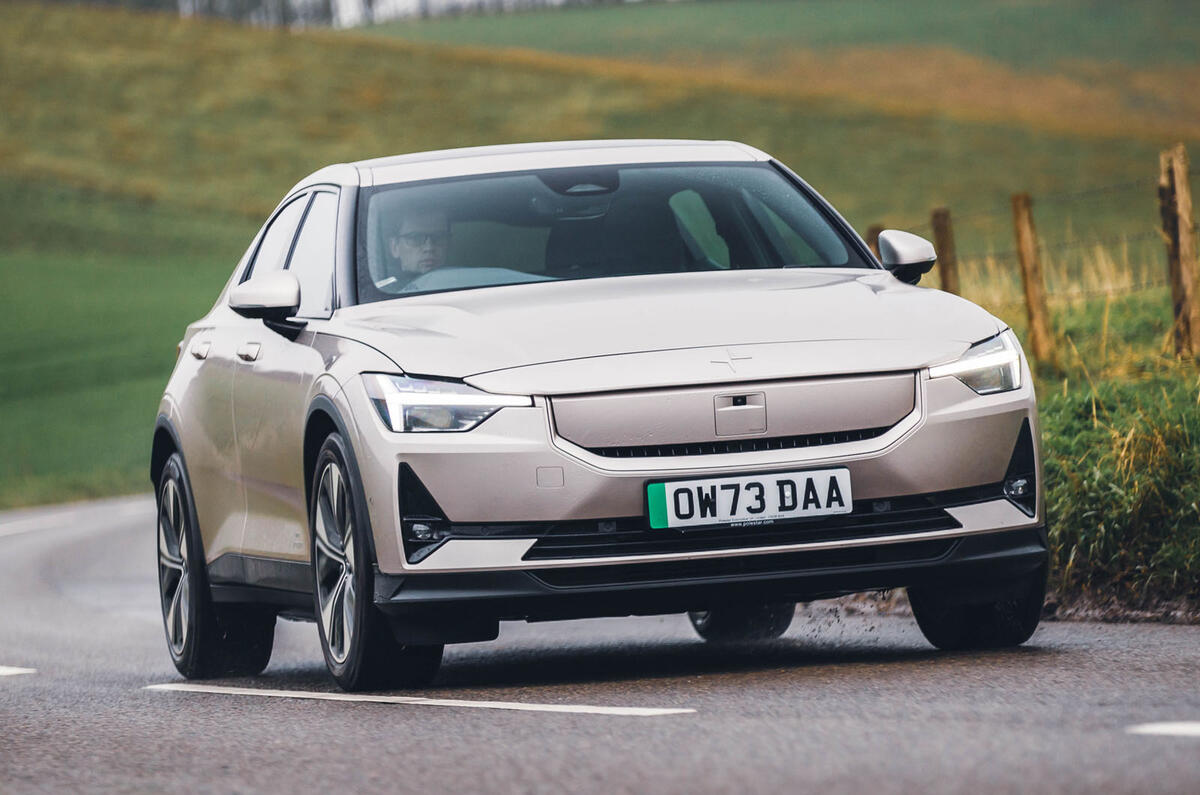Polestar’s announcement in August that it was switching CEOs provided a window on the ailing condition of the electric car start-up spun out of Volvo.
The CVs of the two CEOs were instructive. Out went former design boss Thomas Ingenlath and in came former chief financial officer Michael Lohscheller.




Add your comment